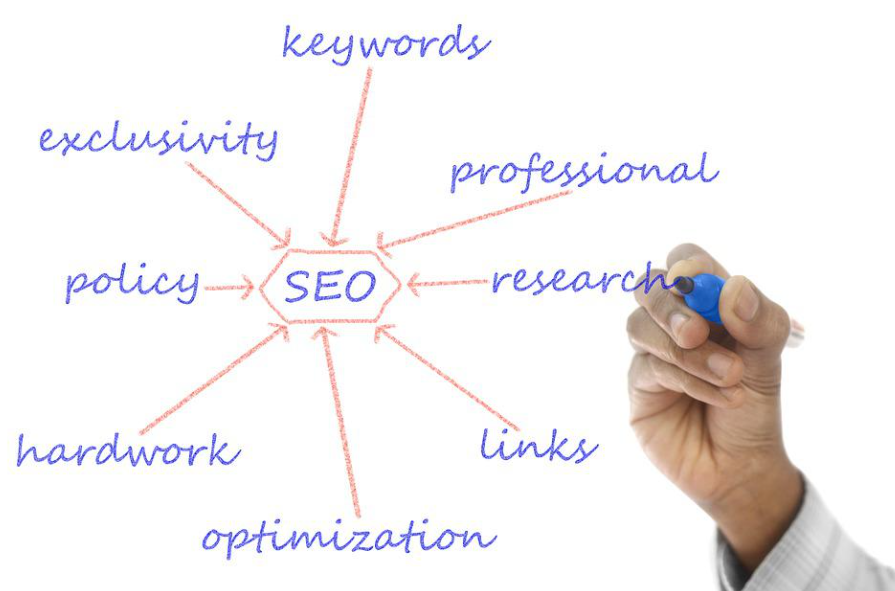Technical SEO is one of the most important aspects of a website, but it is also one of the most difficult to understand. Many business owners and marketers don’t have the time or knowledge to properly implement technical SEO changes on their own websites. That’s where our team comes in! In this blog post, we will discuss what technical SEO is, and why it is so important for your website. We will also provide you with a checklist of things to look for in technical SEO fundamentals. So, let’s dive in!
What is Technical SEO?
First of all, we have to understand what SEO is. Search Engine Optimization (SEO) is the practice of improving the ranking of a website on search engines. The higher the ranking, the more likely people are to find your site. When it comes to technical SEO, we are talking about the aspects of your website that make it easier for search engines to find and index your site. This includes things like your website’s structure, code, and content. In other words, technical SEO represents everything that’s happening “under the hood” of your website. For example, if you wanted to optimize your website for the keyword “red shoes”, you would want to make sure that your website’s code includes the keyword “red shoes” in it.
Technical vs. On-Page vs. Off-Page
Now that you know the fundamentals of SEO, it’s time to understand the different types. There are three main types of SEO: technical, on-page, and off-page. Technical SEO deals with the aspects of your website that make it easier for search engines to find and index your site. As we already discussed, this includes things like your website’s structure, code, and content. On-page SEO, on the other hand, deals with the aspects of your website that you can control. This includes things like the titles and descriptions of your web pages, as well as the keywords that you use on your site. Off-page SEO is a bit more complex, and it deals with the aspects of your website that you can’t control. This includes things like link building and social media.
Why is Technical SEO Important?
Technical SEO is important because it makes it easier for search engines to find and index your site. This means that your site will be more likely to show up in search results, and people will be more likely to find your site. Additionally, technical SEO can help improve your website’s speed and performance. This is important because people are more likely to leave a website if it takes too long to load. Technical SEO can also help you avoid penalties from search engines. This is important because if you are penalized, your website will be less likely to show up in search results. As seen in this SurferSEO review, some key features you should look for include SERP analyzer, content editor, and link building. With a tool like this, you can easily improve your website’s technical SEO.
Crawlability Checklist
Now that you know everything there is to know about technical SEO, it’s time to put it into practice. The first step is to make sure that your website is crawlable. This means that search engines can find and index your site. To do this, you need to check for a few things:
- Your website can be accessed by search engines
- Your website’s robots.txt file is not blocking any important pages
- Your website’s sitemap is up-to-date and includes all of your important pages
Indexability Checklist

The next step is to make sure that your website is indexable. This means that search engines can understand your site’s content. To do this, you need to check for a few things:
- Your website’s title and meta tags are optimized
- Your website’s content is well-written and informative
- Your website’s URLs are short and easy to understand
Renderability Checklist
The next step is to make sure that your website is renderable. Renderability refers to how well a search engine can read and understand your website. Here is a renderability checklist:
- Make sure that your website uses valid HTML code.
- Use semantic markup to structure your content.
- Optimize your CSS and JavaScript code to reduce loading times.
- Ensure that your website can be accessed from all major browsers and devices.
Rankability Checklist
After you’ve made sure that your website is crawlable, indexable, and renderable, it’s time to focus on rankability. Rankability refers to how well your website can rank in search results. To improve your website’s rankability, you need to:
- Optimize your title and meta tags
- Use keyword-rich titles and descriptions
- Use relevant keywords throughout your website’s content
- Build high-quality backlinks to your website
In addition, you should also consider using Google Search Console to help you track your website’s progress and performance in search results. By following these tips, you can improve your website’s rankability and visibility in search results.
Clickability Checklist
Lastly, you need to make sure that your website is clickable. This means that people can easily find and click on your website in search results. To do this, you need to:
- Use descriptive and keyword-rich titles and descriptions
- Use relevant keywords throughout your website’s content
- Make sure your website’s design is user-friendly and easy to navigate
- Use calls to action to encourage people to click on your website
By following these tips, you can improve your website’s clickability and get more traffic.
Technical SEO is important for a variety of reasons. It can help improve your website’s speed and performance, make it easier for search engines to find and index your site, and improve your website’s rankability in search results. By following the tips in this guide, you can improve your website’s technical SEO and get more traffic. We hope this guide was helpful. And if you want to learn more about SEO and all of its benefits, we encourage you to find articles, forums, and podcasts about it.















